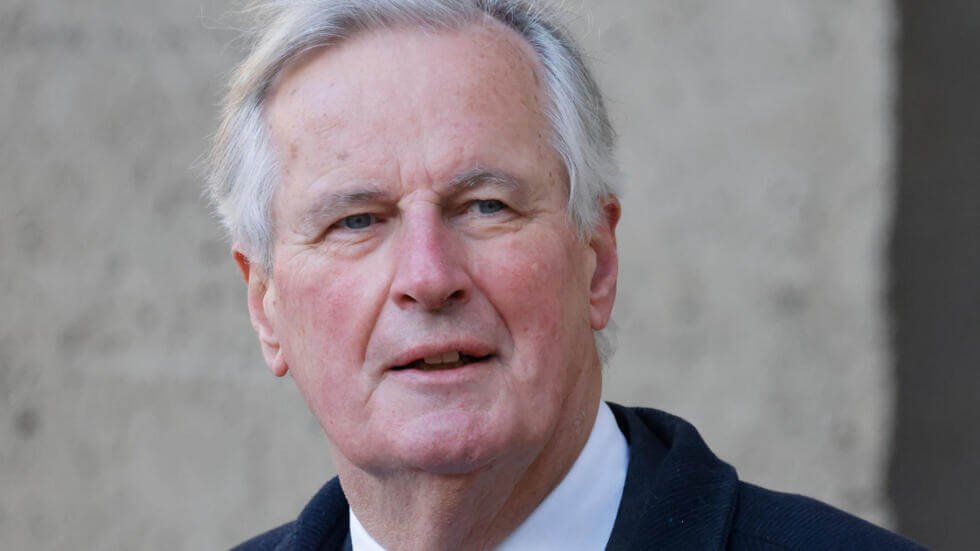A political standoff caused by France’s hurried elections is resolved two months after Michel Barnier is named Prime Minister. Following weeks of talks with political parties and other contenders, President Emmanuel Macron chose Barnier, the former head of the EU’s Brexit negotiations, for the role. Barnier, 73, became France’s prime minister on Thursday night, replacing Gabriel Attal, the country’s youngest prime minister. Attal has been acting as the caretaker since July.
Barnier’s first task will be to form a government capable of navigating the National Assembly, which has no clear majority. Renowned for his Brexit leadership, Barnier has skillfully managed complex political situations in both France and the EU. As a long-time member of the right-wing Republican (LR) party, he now becomes the oldest prime minister since the Fifth Republic was established in 1958.
Barnier confronts strong resistance despite his political background, especially from the left-wing New Popular Front (NFP), led by Jean-Luc Mélenchon, who was against Macron’s nomination. Mélenchon declared that he was unhappy with Barnier’s selection and did not reflect the people’s desire. The far-right National Rally, led by Marine Le Pen, also rejected Barnier’s government. They are still willing to consider his positions on important matters like immigration and security, though.
Since Michel Barnier is the Prime Minister, his primary goal is to draft France’s 2025 budget by October 1st. His administration’s survival depends on this task. Barnier will need to demonstrate his political savvy in the coming weeks as he works to secure the support of 289 National Assembly members and prevent a vote of no confidence.









